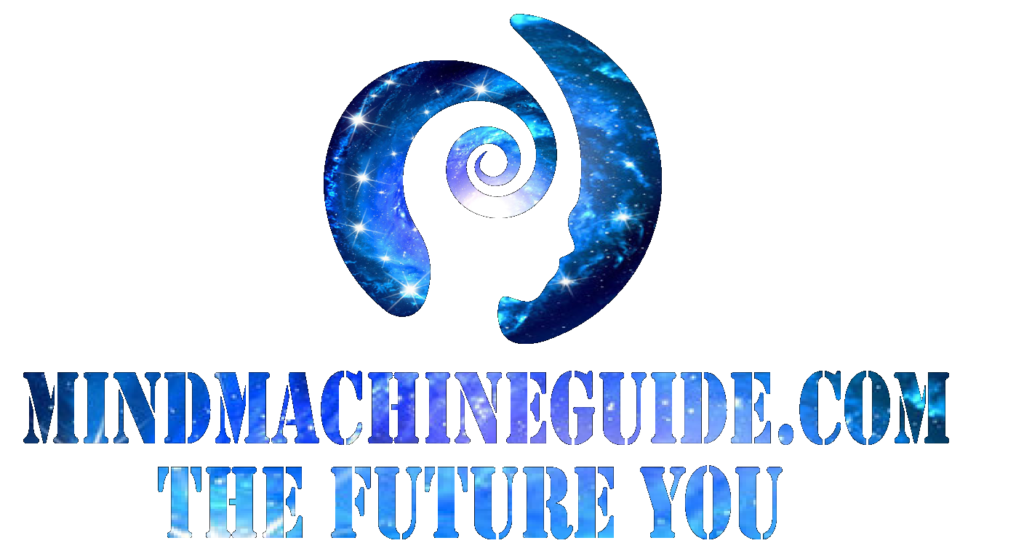Your Brain, What You Really Need To Know
Have you ever took the time to consider this; the brain doesn’t see, feel, hear, smell or taste and yet it takes the information from these external senses to create a world, which we believe is real, rather than a construct of what it is being told? The brain also has the ability to delete, distort, imagine, and override this information, it creates neural highways to store its experiences chronologically. Our reactions to the present can be linked to actions learned when we first encountered a situation or ones that affected our sense of survival. Your brain is comprised of different parts, which work with and override other parts. It controls our movement and helps regulate the body in reaction to stimulation (stressful or sedately).
Fortunately, you don’t need a degree in neuro-anatomy to get the most out of you mind. What we do want is an functional awareness of the different processes, which are going on, in order to assess and have a practical toolkit in order to make changes.
Your Mind….. A Quick Look Behind The Scenes
As we go through life our brain has to process millions of different sensory information every second. Consciously, we are aware of seven, plus or minus pieces of information at any given time, therefore, there is a lot going on in the background outside our awareness. Your mind is constantly examining what is happening on the outside and referencing this to the vast bank of learned behaviours and memories, in order to create solutions in the present. Unfortunately, we are not taught this and how to identify, navigate and build strategies, in order to better use and understand ourselves and become aware of these processes in others.
Conscious Awareness
As said above, your rational conscious mind, the part of you that process what’s happening now, it allows you to focus on specific areas which can direct your physical awareness from the tips of your toes to the top of your head, it can direct your awareness inside, to past memories, feelings and can create internal worlds, It can be seen to oversee, to help guide how we, choose and respond.
Unchecked Conscious Awareness
When this happens, your mind and body are in a sense ‘on automatic’ and habitual behaviours and thought patterns take over. Surprisingly enough, this is how, for most of us, we traverse through life, for 99% of us, we will repeat the same conversations in our head daily, repeat the same routine actions and opinions without ever noticing. For most this is not an issue and it is mainly observed in others. It is only when a behaviour or habit is working against your better good or if you want to change a behavior then a conflict arises.
Moving Forward To Good Brain Management
A clever trick of the conscious is that it can be used to adapt and change memories. This ability is one which we are never taught but should be fundamental in our early education. When we first learn a behaviour or habit we are creating neural pathways in our mind, This process is not set in stone and most people will understand them in other people as ‘personality or habits’ These habits can be changed by understanding how the of neuroplasticity of your mind works for you. With this you can start to create the changes in how you respond or how you would like to respond.
Mind Machines and Brain Awareness
Another interesting aspect in your mindfulness training is to use a mind machine to explore some of the many facets of how your brain is functioning, As your brain experiences life, it is awash with activity. With the use of modern machines we can unravel more about the mechanics of what is going on by monitoring the changes in how the brain responds. With a mind machine you can experience how your mind responds when it is entrained to various brain frequency’s which are said to match specific states of mind.

Leave a Reply